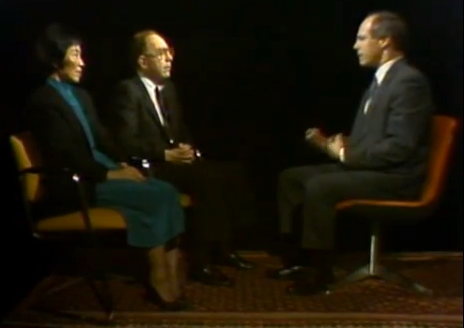Between 1986 and 2002, I hosted the weekly television series, Thinking Allowed, interviewing leading figures about psychology, philosophy, science, health, and spirituality. In the interview that is excerpted below, I interviewed Edward Feigenbaum and his colleague Penny Nii. Feigenbaum was widely regarded as the father of the field of knowledge engineering. These interviews were generally done before I began to take a serious interest in the financial markets. So, I did not pay much attention then to the fact that Feigenbaum had attempted, with minimal success, to implement a knowledge engineering version of Robert Prechter’s interpretation of Elliott Wave Theory.
As I think about it, it seems reasonable to me that it should be possible to create knowledge engineered, expert systems based on outstanding traders (such as Rob Hoffman’s whose work I cited in my recent December 18 blog post). But, I do not know the extent to which this approach has ever been attempted or implemented.

